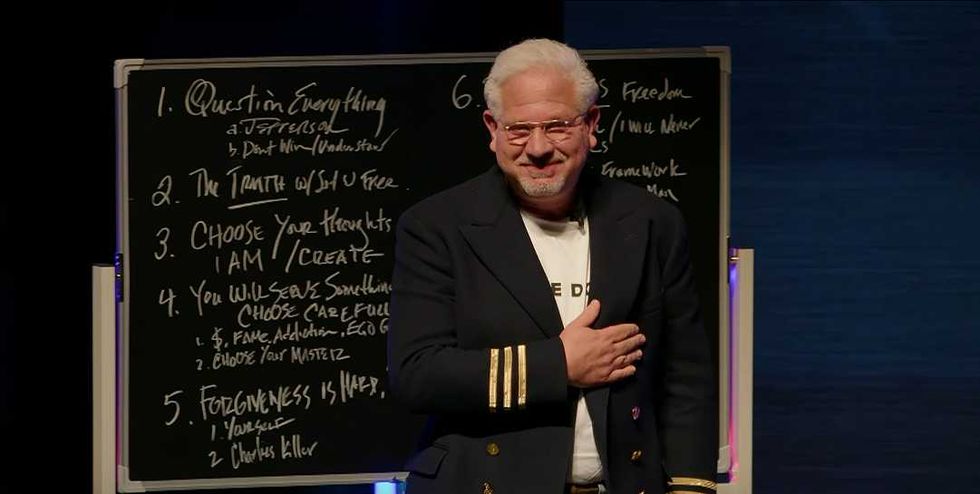AI Is Making Us Wiser. Just Ask Socrates.

A recent MIT study made for splashy headlines: “Using AI makes you stupid, research finds.” Though researchers cautioned against using words like “dumb” or “stupid” in their findings, the study appeared to show that the more a person relied on AI, the less neural connectivity that person experienced.
Live Your Best Retirement
Fun • Funds • Fitness • Freedom
The jury is still out on whether AI is making people dumber, but it is almost certainly making people wiser. In fact, the only people capable of using AI to the fullest must be wise.
That’s because there is a difference between intelligence and wisdom. When we speak of intelligence, we almost always refer to one’s ability to do or think of something—whether it’s solving a math problem, gaining fluency in Arabic, or having the ability to name every element in the periodic table.
AI appears to be the latest technological innovation that will reduce this type of intelligence built upon skills acquisition and information retention.
Human beings learn by doing. If someone, or something, does the work for us, then we won’t learn. Just as calculators relieved us of the necessity to remember long division, Google Translate reduced the demand to remember stray foreign language vocabulary, and search engines made memorizing trivia irrelevant, generative AI will almost assuredly make us less capable of forming sustained arguments and writing them with clarity. There’s a reason why schoolchildren of the past could translate Virgil and name multiple pivotal battles in the War of 1812, while today’s kids struggle to list the original 13 colonies. After all, why learn to do what a machine can do for you with much greater speed and accuracy?
Declines in this type of intelligence are lamentable, and there are still good reasons to help young people unlock the power of their brains by tackling thorny equations and memorizing epic poetry. But where AI creates downward pressure on intelligence, it demands much greater exercise of wisdom.
Socrates defined wisdom as being aware of one’s own ignorance. The truly wise man knows how much he doesn’t know. Socrates’s awareness of his own ignorance led him to engage in what we now call the Socratic method. He would often converse with the Sophists, masters of rhetoric who spoke well without real understanding. In his method, Socrates would ask the Sophists question after question to uncover the truth—or absurdity—of the answers given. Socrates is known as the father of philosophy, not because he knew the answers to everything, but because he knew what questions to ask and when an answer was wrong.
I doubt many people engage in Socratic dialogues directly with ChatGPT. But large language models can only work if, like Socrates, users know the right questions to ask. AI has effectively all the information of the internet at its metaphorical fingertips. The quality of AI’s answer is, therefore, determined much less by the quantity of its knowledge than by the quality of our questions. The answers AI gives are only as good as the prompts we give it.
Those who use AI well are thus trained to gain wisdom. If the AI provides an answer that doesn’t truly answer your question, chances are you are asking the wrong question. This forces the user to reflect: What question do I really need to ask? What information is missing? What context needs to be added? What precisely do I not know that I am hoping AI will tell me?
The best AI users engage in a Socratic dialogue in their own minds every time they attempt to craft the most effective prompt. And when they get it wrong, they have to readdress the question to come to the unintentionally neglected or forgotten heart of the issue.
Constantly engaging in this style of thinking forces a person to more quickly recognize what exactly they don’t know, because only with that recognition is AI effective. In a word, using AI trains users to become wise.
Having worked in education for decades, I know the best students are not those who know the most information, but those who have the greatest desire to learn. They keep seeking and asking because they want to know. And they are perceptive enough to inquire in a way that unlocks the meaning behind the text at hand. These are the types of students AI is beginning to form.
AI is not conscious, meaning, like the Sophists of Greek antiquity, it speaks without knowing what it says. But that’s good. Because of the Sophists, we have Socrates.
We publish a variety of perspectives. Nothing written here is to be construed as representing the views of The Daily Signal.
The post AI Is Making Us Wiser. Just Ask Socrates. appeared first on The Daily Signal.
Originally Published at Daily Wire, Daily Signal, or The Blaze
What's Your Reaction?
 Like
0
Like
0
 Dislike
0
Dislike
0
 Love
0
Love
0
 Funny
0
Funny
0
 Angry
0
Angry
0
 Sad
0
Sad
0
 Wow
0
Wow
0







































































